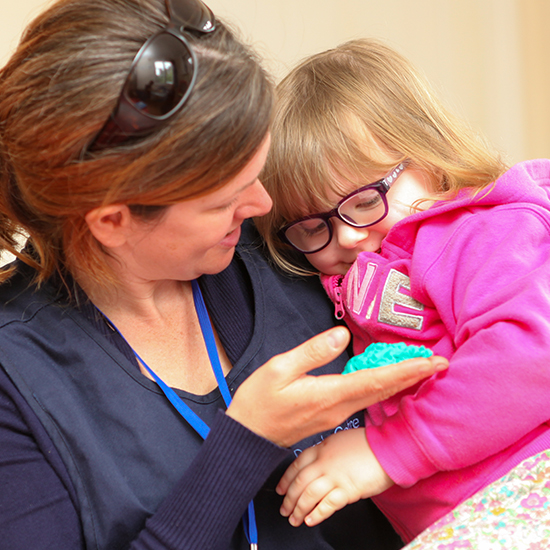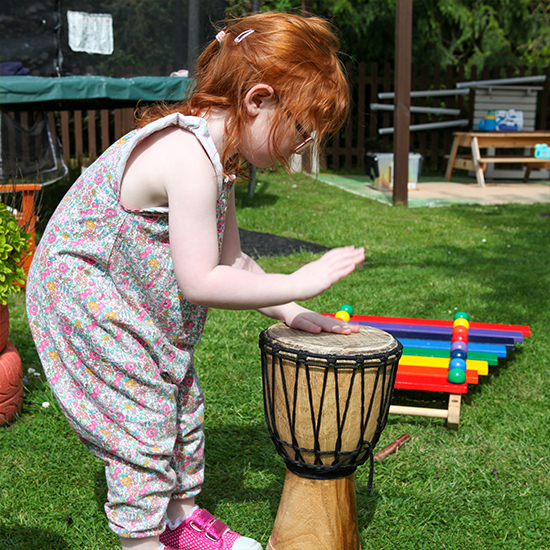Privacy Policy
At Autism Early Support Trust Ltd, we’re committed to protecting and respecting your privacy.
This Policy explains when and why we collect and process personal information about people who contact us (e.g. by telephone, in writing, by visiting our website or through use of social media), how we use it, the conditions under which we may disclose it to others and how we keep it secure.
We may change this Policy from time to time so please check this page occasionally to ensure that you’re happy with any changes. By contacting AES, you’re agreeing to be bound by this Policy.
Any questions regarding this Policy and our privacy practices should be sent by email to info@autismearlysupport.org.uk or by writing to AES, Office A, Pace Business Centre, 15 Little Balmer, Buckingham, MK18 1TF. Alternatively, you can telephone 0300 102 4462 & 01296 733900.
Who are we?
We’re AES, a charity that promotes and delivers early intervention for young children with autism or communication difficulties and provides training and outreach to families and practitioners throughout the UK. AES is a registered charity (no. 1141868) and company limited by guarantee (no. 07553552). The registered address is The Old School, Middle Claydon, Buckinghamshire, MK18 2ET.
How do we collect information from you?
We obtain information about you when you contact us, for example, when you enquire about products and services, register on the nursery waiting list, make a donation, attend an event or ask to receive our newsletter. We can also collect data indirectly, such as through the use of the website and via any cookies you use.
What type of information is collected from you?
The personal information we collect might include your name, address, email address, and telephone number. If you access our website, we might also collect your IP address and information regarding what pages are accessed and when. If you make a donation online or purchase a product from us, your card information is not held by us, it is collected by our third party payment processors, who specialise in the secure online capture and processing of credit/debit card transactions, as explained below.
When a user is registered as a member via our website certain personally identifying information is required (Name, email address, postal address, phone number etc).This information is stored on a database controlled by the website developers (MiP), in order that they (MiP) can recognise members when they sign into the website and access the members area / make bookings, and so that member information can be easily accessed and maintained by Autism Early Support staff.
If appropriate, we might also ask you for details about your child, such as name and date of birth.
How is your information used?
We will use your information to contact you only for the purposes and via the channels for which you have given us your consent. Your data is collected within the remit of there being a legitimate interest to do so or where AES needs to perform the contract that they are about to enter into with the user.
For example, this might be to:
- process a donation that you have made;
- process orders that you have submitted;
- to carry out our obligations arising from any contracts entered into by you and dealing with entries into a competition;
We review our retention periods for personal information on a regular basis. We are legally required to hold some types of information to fulfil our statutory obligations (for example the collection of Gift Aid). We will hold your personal information on our systems for as long as is necessary for the relevant activity, or as long as is set out in any relevant contract you hold with us.
We will not sell or rent your information to third parties. We will not share your information with third parties for marketing purposes.
Third Party Service Providers working on our behalf: We may pass your information to our third party service providers, agents subcontractors and other associated organisations for the purposes of completing tasks and providing services to you on our behalf (for example to process donations and send you mailings, or in the case on a membership scheme our the information is stored on a database controlled by the website developers (MiP), in order that they (MiP) can recognise members when they sign into the website and access the members area / make bookings, and so that member information can be easily accessed and maintained by AES employees). However, when we use third party service providers, we disclose only the personal information that is necessary to deliver the service and we have a contract in place that requires them to keep your information secure and not to use it for their own direct marketing purposes. Please be reassured that we will not release your information to third parties beyond AES for them to use for their own direct marketing purposes, unless you have requested us to do so, or we are required to do so by law, for example, by a court order or for the purposes of prevention of fraud or other crime.
Third Party Product Providers we work in association with:
When you are using our secure online donation pages, your donation is processed by a third party payment processor, who specialises in the secure online capture and processing of credit/debit card transactions. If you have any questions regarding secure transactions, please contact us.
We may transfer your personal information to a third party as part of a sale of some or all of our business and assets to any third party or as part of any business restructuring or reorganisation, or if we’re under a duty to disclose or share your personal data in order to comply with any legal obligation or to enforce or apply our terms of use or to protect the rights, property or safety of our supporters and customers. However, we will take steps with the aim of ensuring that your privacy rights continue to be protected.
Your choices
You have a choice about whether or not you wish to receive information from us. You are able to opt out and unsubscribe or amend your preferences at anytime by using the self service update form on our website which can be found here: http://www.autismearlysupport.org.uk/support-us/gdpr/
We will not contact you for marketing purposes by email, phone or text message unless you have given your prior consent. We will not contact you for marketing purposes by post if you have indicated that you do not wish to be contacted. You can change your marketing preferences at any time by contacting us by email: info@autismearlysupport.org.uk or telephone on 01296 733900. Buckingham phone number is 07422 574160. You can have your details deleted at any time.
How you can access and update your information
The accuracy of your information is important to us. We’re working on ways to make it easier for you to review and correct the information that we hold about you. In the meantime, if you change email address, or any of the other information we hold is inaccurate or out of date, please email us at: info@autismearlysupport.org.uk, or write to us at: Autism Early Support, Office A, Pace Business centre, 15 Little Balmer, Buckingham, MK18 1TF. Alternatively, you can telephone 07422 574160 or use the self service update form on our website which can be found here: http://www.autismearlysupport.org.uk/support-us/gdpr/ You have the right to ask for a copy of the information AES holds about you. Data requests received will be responded to within 7 days of receipt.
Security precautions are in place to protect the loss, misuse or alteration of your information
When you give us personal information, we take steps to ensure that it’s treated securely. For example, when you are on a secure page of our website, a lock icon will appear on the bottom of web browsers such as Microsoft Internet Explorer.
Non-sensitive details (your email address etc.) given via our website are transmitted normally over the Internet, and this can never be guaranteed to be 100% secure. As a result, while we strive to protect your personal information, we cannot guarantee the security of any information you transmit to us, and you do so at your own risk. Once we receive your information, we make our best effort to ensure its security on our systems.
Use of ‘cookies’
Like many other websites, AES website uses cookies. ‘Cookies’ are small pieces of information sent by an organisation to your computer and stored on your hard drive to allow that website to recognise you when you visit. They collect statistical data about your browsing actions and patterns and do not identify you as an individual. For example, we use cookies to store your country preference. This helps us to improve our website and deliver a better more personalised service.
It is possible to switch off cookies by setting your browser preferences. For more information on how to switch off cookies on your computer, visit our full cookies policy. Turning cookies of may result in a loss of functionality when using our website.
Links to other websites
Our website may contain links to other websites run by other organisations. This privacy policy applies only to our website‚ so we encourage you to read the privacy statements on the other websites you visit. We cannot be responsible for the privacy policies and practices of other sites even if you access them using links from our website.
In addition, if you linked to our website from a third party site, we cannot be responsible for the privacy policies and practices of the owners and operators of that third party site and recommend that you check the policy of that third party site.
16 or Under
We are concerned to protect the privacy of children aged 16 or under. If you are aged 16 or under‚ please get your parent/guardian’s permission beforehand whenever you provide us with personal information.
Transferring your information outside of Europe
As part of the services offered to you through this website, the information which you provide to us may be transferred to countries outside the United Kingdom (“UK”). By way of example, this may happen if any of our servers are from time to time located in a country outside of the UK. These countries may not have similar data protection laws to the UK. By submitting your personal data, you’re agreeing to this transfer, storing or processing. If we transfer your information outside of the UK in this way, we will take steps to ensure that appropriate security measures are taken with the aim of ensuring that your privacy rights continue to be protected as outlined in this Policy.
If you use our services while you are outside the UK, your information may be transferred outside the EU in order to provide you with those services.
Review of this Policy
We keep this Policy under regular review. This Policy was last updated June 2023



